What can you do to reduce your environmental impact? Find out here!
It’s no secret that we are in a global climate emergency and being environmentally friendly is becoming more important. The extreme weather we’ve faced over the last few years is just one sign that we need to take drastic action, and every little helps. Read on to find out how you can help!
Use paper cups and straws at pre-drinks
Single use plastics are an absolute no-no, so cut out the plastic cups and straws and switch to paper instead.
Yes, paper straws go soggy, but buy lots so that people can get a new one if they want to.
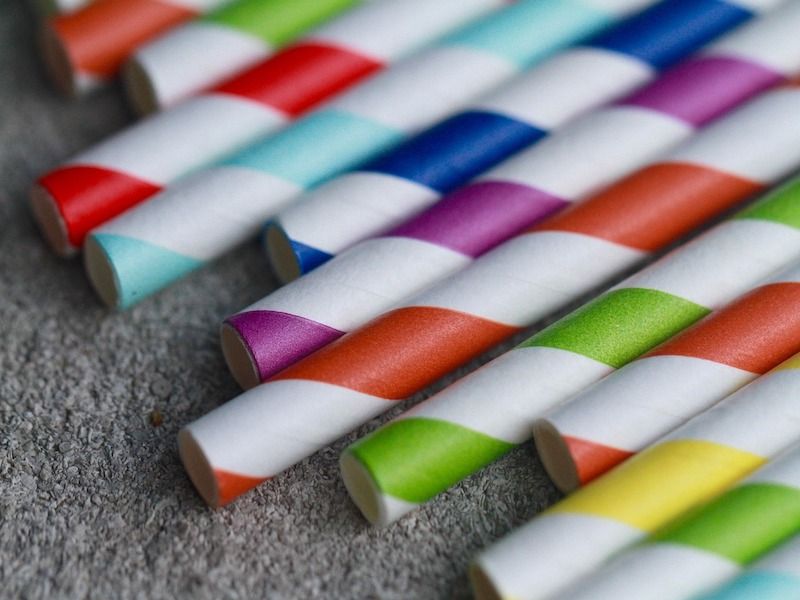
Don’t waste water
Whether you’re doing the washing up or cleaning your teeth, don’t let the tap run unnecessarily. If we fail to conserve water, one day a healthy and clean water supply may not be available, so we need to do all we can to make sure the supply is conserved.
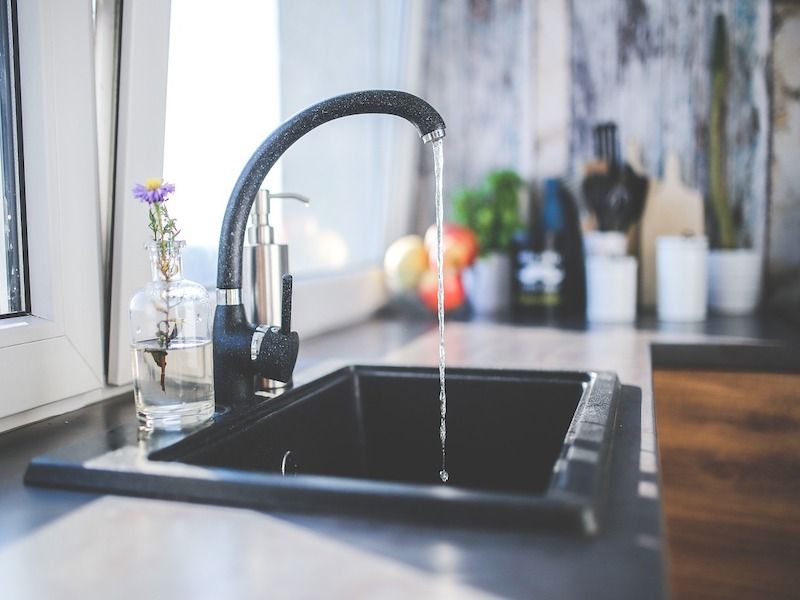
Use biodegradable products
We all know that students can be messy, so antibacterial wipes are a must have in student kitchens and bathrooms. That said, wet wipes can take up to 100 years to decompose and make up 93% of the material clogging our sewers.
It’s best to cut out wet wipes completely but if you need them, some wet wipe companies have now introduced biodegradable wipes. These will break down into natural materials in the environment, so use these instead.
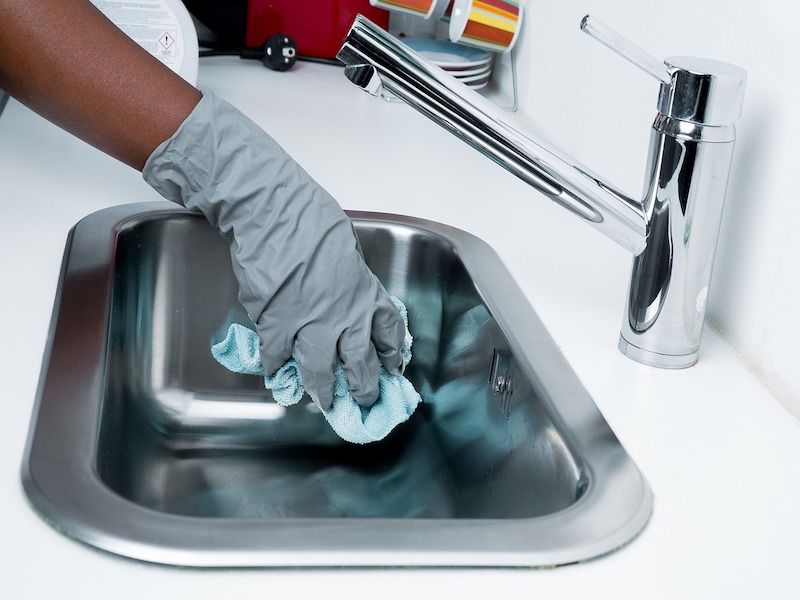
Recycle
Recycling is one of the most important ways in which we can try to be more environmentally friendly. Make sure that you have two bins in your student kitchen - one for general waste and one for recyclables such as plastic, paper and glass. You can do the same thing in your bathrooms too.

Try to walk/use public transport
Most student accommodation is situated close to the university and all the amenities that you need. Therefore, try not to be lazy and take a walk to where you need to be, rather than driving.
Cars release approximately 333 million tonnes of carbon dioxide into the atmosphere annually. This is 20% of the world’s total, so cutting it out where you can is really important.
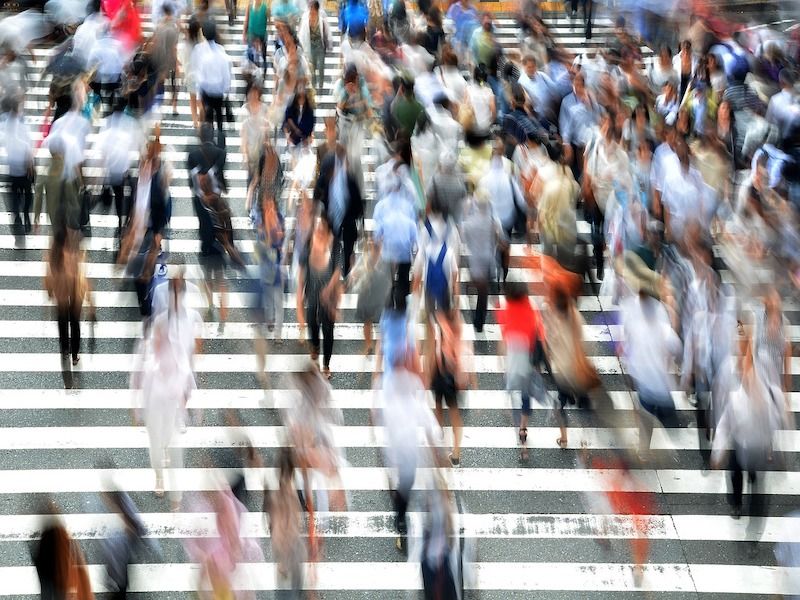
Take your own containers to supermarkets
Most supermarkets are trying their best to cut out plastic packaging but everyone needs to chip in.
Make sure you take your own reusable glass or plastic packaging to the supermarket each time you do a shop, to put things like fresh fruit and vegetables or meat in.
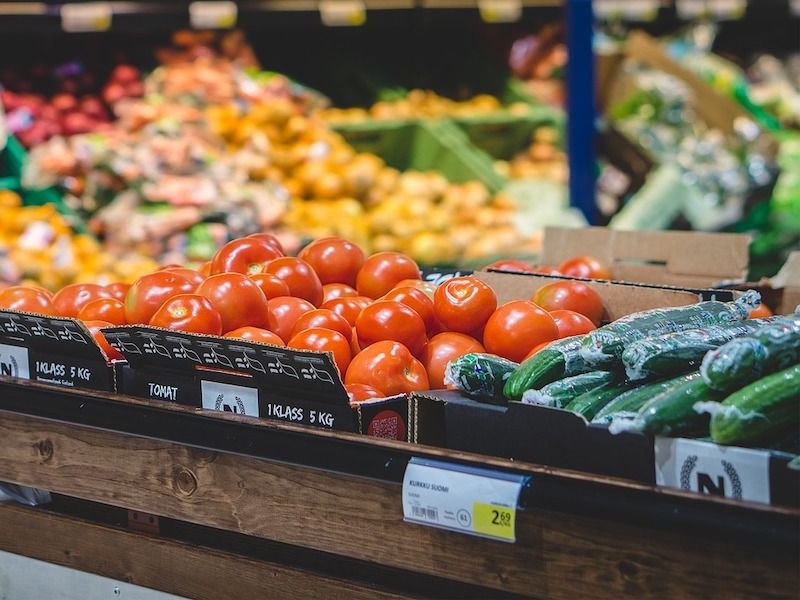
Turn off the lights
Perhaps one of the most obvious things to do is turning off the lights when we don’t need them on. If the sun is shining, you probably don’t need the lights on in your bedroom. Or if you leave a room, make sure you switch the lights off. They don’t need to be on if nobody is in there.

Don’t pay for 5p carrier bags
You might be tempted to pay for carrier bags when you go shopping because 5p doesn’t seem like much, but the best thing to do is cut out carrier bags completely. Buy some bags for life or a foldaway shopper and make sure you take them with you every time you go shopping.
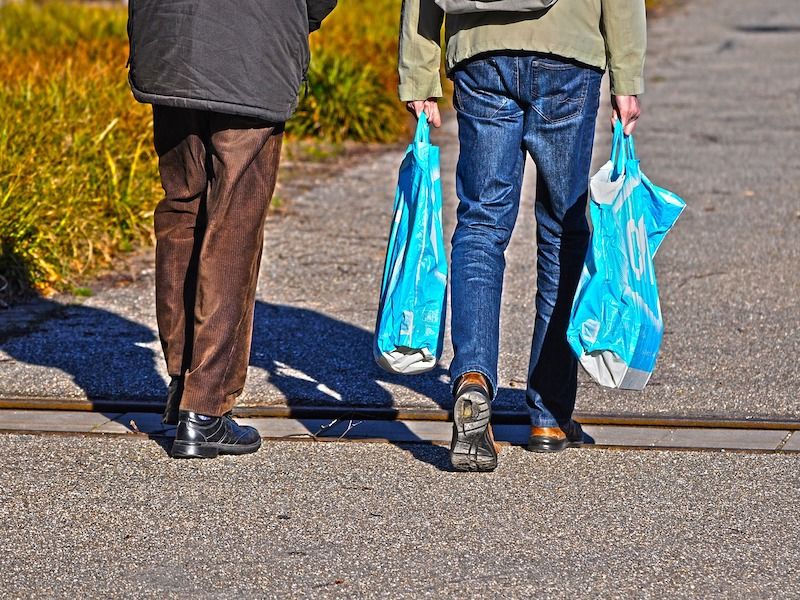
Buy a bamboo toothbrush
You might not think throwing away your toothbrush and buying a new one is bad for the environment, but it is. Plastic toothbrushes end up in landfills. As they settle into them, they release chemicals into the air and take over 400 years to decompose!
To tackle this issue, you can buy bamboo toothbrushes instead which are biodegradable and much better for the environment.
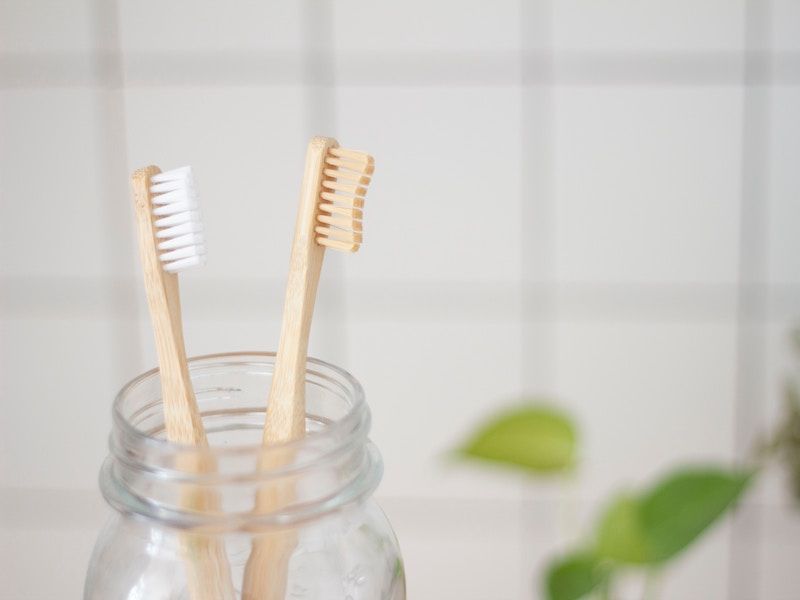
Eat less meat
Farming plays a huge part in damaging the environment. This is due to the deforestation that occurs to make room for cattle and their contribution towards greenhouse gases.
To be more environmentally friendly, try to have at least one or two meat free days a week. Or even cut it out completely if you want to and are able to.
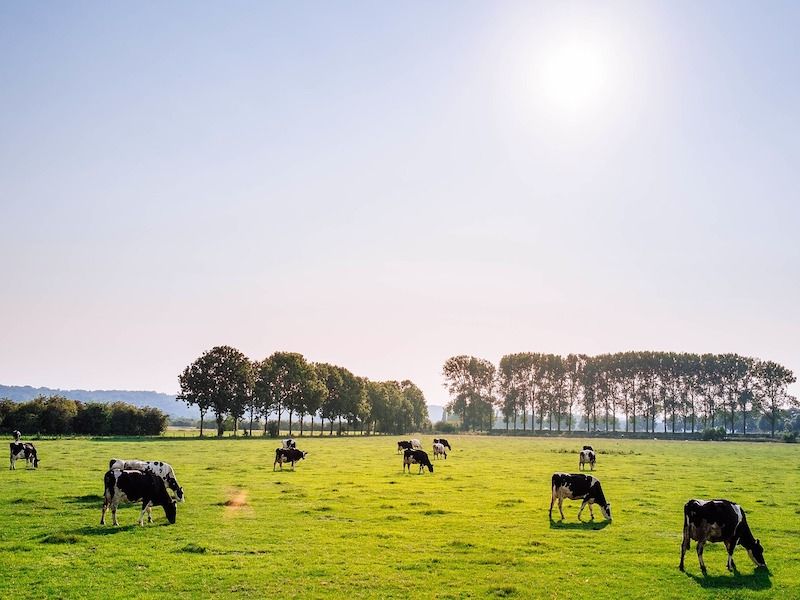
Does your university do enough to be more sustainable? Join the Student Hut Community today and let us know in our paid opinion panel.













